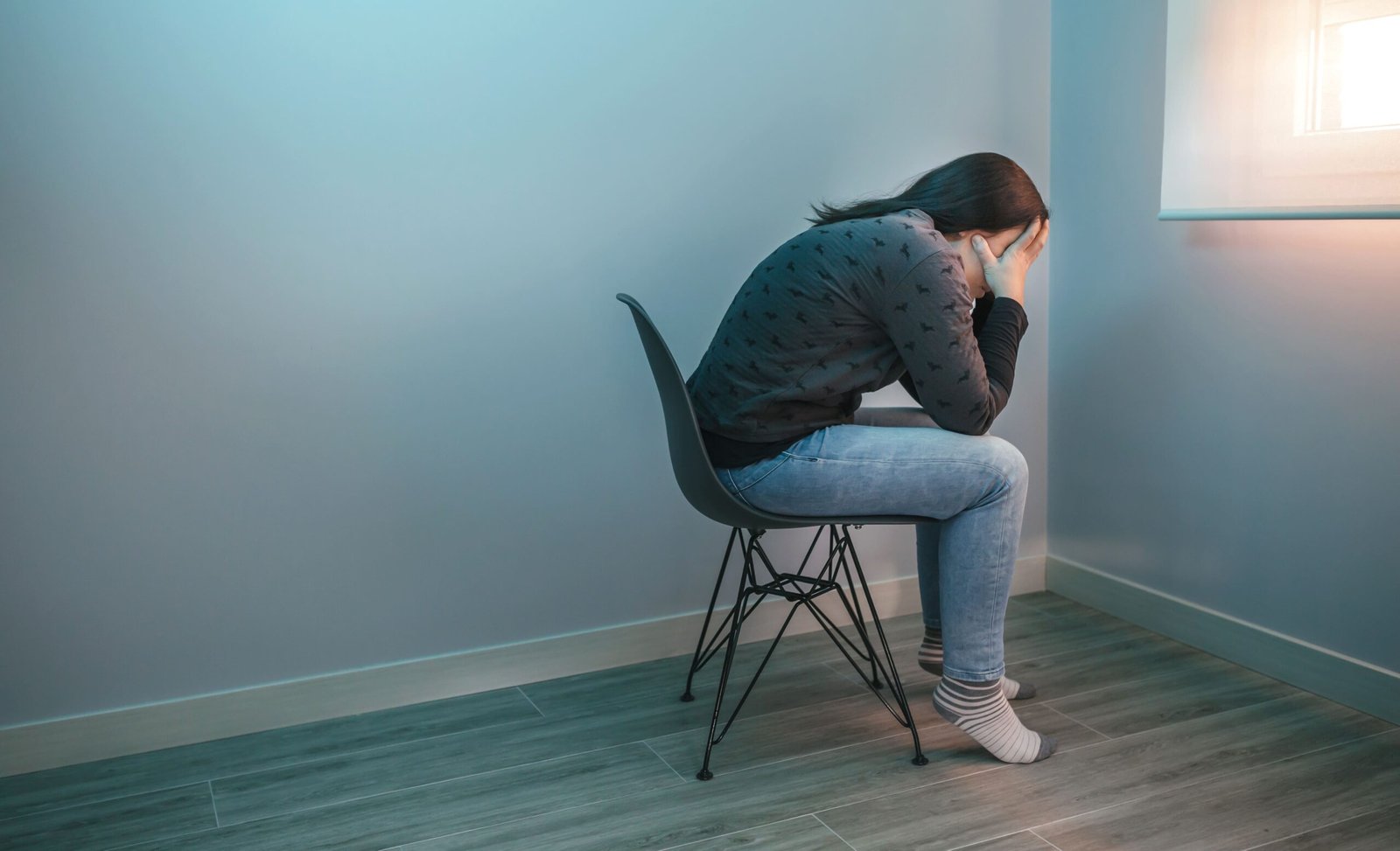How to Find the Right Depression Treatment
Depression is a serious mental health condition that affects millions of people worldwide. Finding the right treatment for depression can be overwhelming, especially since different approaches work for different individuals. Whether you’re experiencing mild, moderate, or severe depression, it’s essential to explore the available treatment options and choose the one that best suits your needs.
Recognizing the Symptoms of Depression
Before seeking treatment, it’s important to understand the common symptoms of depression, which may include:
- Persistent feelings of sadness, hopelessness, or emptiness
- Loss of interest in activities once enjoyed
- Fatigue, lack of energy, or difficulty concentrating
- Sleep disturbances, such as insomnia or excessive sleeping
- Changes in appetite or weight fluctuations
- Feelings of worthlessness or excessive guilt
- Thoughts of self-harm or suicide
If you or a loved one is experiencing these symptoms, seeking professional help is the first step toward recovery.
Common Depression Treatment Options
1. Therapy and Counseling
Psychotherapy, also known as talk therapy, is an effective treatment for many individuals with depression. There are different types of therapy, including:
- Cognitive Behavioral Therapy (CBT): Helps individuals recognize and change negative thought patterns and behaviors.
- Interpersonal Therapy (IPT): Focuses on improving relationships and communication skills.
- Psychodynamic Therapy: Explores past experiences and emotional conflicts to understand the root of depression.
Therapy can be used alone or combined with other treatments, depending on the severity of symptoms.
2. Medication for Depression
For individuals with moderate to severe depression, medication may be necessary to help regulate mood. Commonly prescribed medications include:
- Selective Serotonin Reuptake Inhibitors (SSRIs): Such as Prozac, Zoloft, and Lexapro, which help increase serotonin levels in the brain.
- Serotonin-Norepinephrine Reuptake Inhibitors (SNRIs): Such as Effexor and Cymbalta, which boost both serotonin and norepinephrine.
- Atypical Antidepressants: Such as Wellbutrin and Remeron, which target different neurotransmitters.
While medication can be effective, it may take weeks to show results and can come with side effects such as nausea, weight changes, and sleep disturbances. Working with a psychiatrist can help determine the right medication and dosage for you.
3. Transcranial Magnetic Stimulation (TMS) Therapy
For individuals who have not responded to medication or therapy, TMS therapy offers a drug-free, non-invasive alternative.
TMS therapy uses magnetic pulses to stimulate underactive areas of the brain associated with mood regulation. It is FDA-approved for treatment-resistant depression and has helped many individuals achieve significant improvement in their symptoms.
Benefits of TMS Therapy:
- No medication required, reducing the risk of side effects
- Non-invasive and painless, requiring no surgery or sedation
- Long-lasting relief, with many patients experiencing improvements even after treatment ends
- Proven effectiveness for individuals with treatment-resistant depression
TMS therapy is a safe and effective option for those who have not found success with other treatments.
4. Lifestyle and Holistic Approaches
In addition to professional treatments, certain lifestyle changes can significantly improve depression symptoms:
- Regular Exercise: Boosts mood by increasing serotonin and endorphins.
- Healthy Diet: Nutrient-rich foods support brain function and emotional well-being.
- Sleep Hygiene: Establishing a regular sleep schedule helps regulate mood.
- Mindfulness and Meditation: Reduces stress and enhances emotional resilience.
- Social Support: Connecting with friends, family, or support groups provides emotional encouragement.
For mild to moderate depression, lifestyle adjustments can be an essential part of a comprehensive treatment plan.
How to Choose the Best Treatment for Depression
The right depression treatment depends on several factors, including:
- Severity of symptoms: Mild cases may improve with therapy and lifestyle changes, while severe depression may require medication or TMS therapy.
- Response to past treatments: If previous treatments have not been effective, TMS therapy may be a better alternative.
- Personal preferences: Some individuals prefer drug-free treatments, while others find medication beneficial.
- Professional guidance: Consulting with a mental health specialist is essential for determining the most effective approach.
Conclusion: Take the First Step Toward Recovery
Finding the right depression treatment is a personal journey, and it may take time to discover what works best for you. Whether you choose therapy, medication, lifestyle changes, or TMS therapy, taking the first step toward seeking help is the most important part of recovery.
If traditional treatments haven’t provided relief, TMS therapy could be a life-changing solution. Contact TMS Solutions today to learn how this innovative treatment can help you take control of your mental health and regain your well-being.


